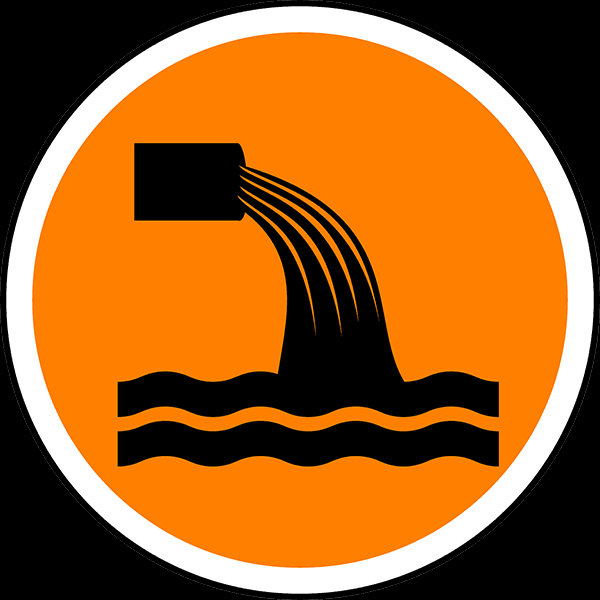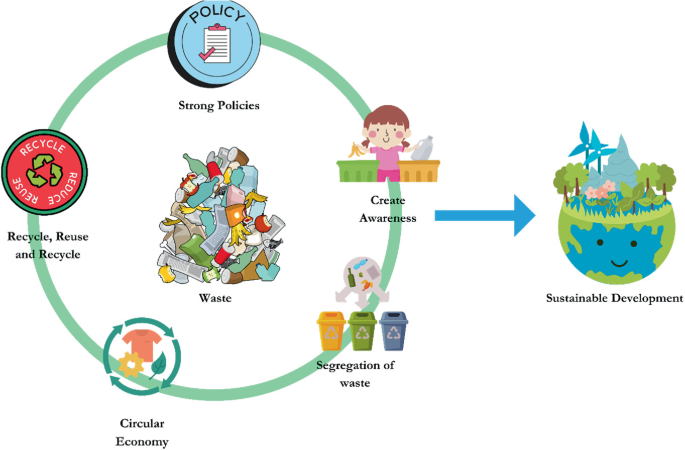Some Known Questions About Reclaim Waste.
Some Known Questions About Reclaim Waste.
Blog Article
Top Guidelines Of Reclaim Waste
Table of ContentsFacts About Reclaim Waste RevealedAll about Reclaim WasteReclaim Waste for BeginnersThe Definitive Guide to Reclaim WasteSome Known Factual Statements About Reclaim Waste
Check out the kinds, incidents, and types of fluid waste. Residential sewage waste refers to the waste and products from a household septic tank. This sort of waste is developed by humans in homes, schools, and various other structures. This only consists of septic storage tanks that have a drainpipe area. The correct administration and disposal of residential sewer waste need liquid waste to be moved to a sewage treatment plant where the proper techniques and tools are related to purify and dispose of waste.
Business waste frequently includes prospective dangers, such as flammable materials or a blend of liquid and strong waste items, and calls for a more innovative and comprehensive disposal procedure. The disposal of commercial waste typically entails the filtering of waste before transport to ensure risk-free and appropriate disposal. Hazardous waste is developed from by-products and overflow of industrial procedures and production.
This sort of waste can not use the exact same sewer management transport or procedures as septic or industrial fluids. The hazardous waste monitoring process requires the assessment and testing of fluid waste prior to it goes through the disposal process (industrial wastewater treatment). Runoff waste is the liquid waste that originates from overflow and excess stormwater in very booming areas or cities
Overflow waste can create contamination and flooding if not managed appropriately. Ensuring proper waste monitoring can stop disasters and minimize environmental damage.
Rumored Buzz on Reclaim Waste
Contact PROS Services today to discover our waste monitoring and disposal services and the correct ways to care for the liquid waste you produce.
(https://moz.com/community/q/user/reclaimwaste1)Do you know what happens to your water when you disengage, flush the commode or drain the washing equipment? No? Well, it's worth understanding. This supposed 'wastewater' is not only a vital resource however, after treatment, will certainly be released to our land, rivers or the ocean. Used water from commodes, showers, bathrooms, kitchen area sinks, laundries and commercial processes is known as wastewater.

water used to cool equipment or tidy plant and equipment). Stormwater, a form of wastewater, is runoff that moves from farming and metropolitan locations such as roofing systems, parks, gardens, roadways, courses and gutters into stormwater drains pipes, after rain. Stormwater streams untreated straight to regional creeks or rivers, ultimately getting to the ocean.
3 Easy Facts About Reclaim Waste Shown
In Queensland, most wastewater is dealt with at sewer treatment plants. Wastewater is transferred from residential or commercial sites via a system of sewers and pump stations, known as sewage reticulation, to a sewage treatment plant.
The Division of Natural Resources suggests city governments regarding managing, operating and maintaining sewage systems and therapy plants. In unsewered locations, city governments might require householders to install specific or house sewage treatment systems to deal with domestic wastewater from commodes, kitchens, washrooms and washings. The Department of Natural Resources authorises using house get redirected here systems when they are confirmed to be reliable.
In some new neighborhoods, therapy of some stormwater to remove litter, sand and crushed rock has begun using gross toxin traps. Wastewater therapy happens in 4 stages: Eliminates strong matter.
Utilizes small living organisms knows as micro-organisms to break down and remove remaining dissolved wastes and fine fragments. Micro-organisms and wastes are incorporated in the sludge.
Reclaim Waste - Questions
Nutrient removal is not available at all sewer treatment plants since it calls for expensive specialised devices. Clear fluid effluent generated after treatment might still consist of disease-causing micro-organisms - liquid waste removal.

This typically implies wastewater has to be dealt with or contaminants gotten rid of prior to it can be discharged to rivers. Many wastewater moves into the sewage system. Under the Act, city governments carry out authorizations and permits for ecologically appropriate activities (Ages) entailing wastewater releases that may have a local effect. The division provides authorizations and permits to Periods entailing wastewater releases that could have a local or statewide influence.
Reclaim Waste Can Be Fun For Anyone
Surveillance provides valid info regarding water high quality and can verify that permit problems are being satisfied. The information obtained through tracking provides the basis for making water quality decisions.
Report this page